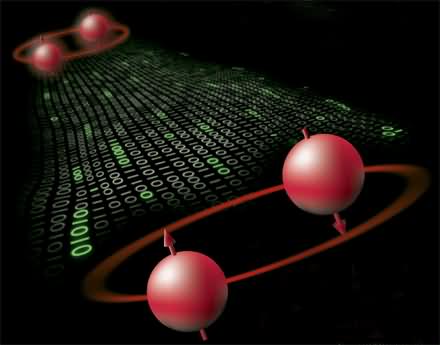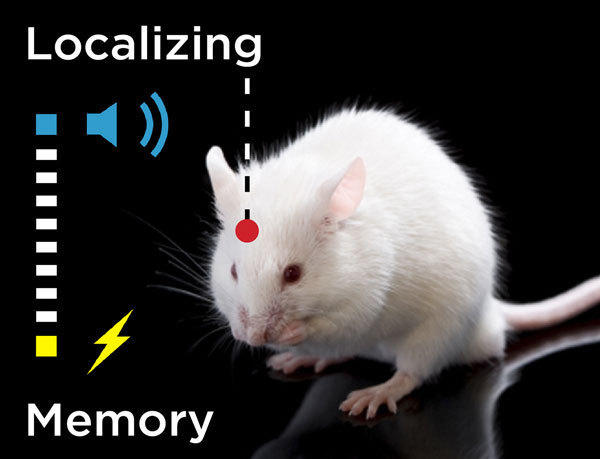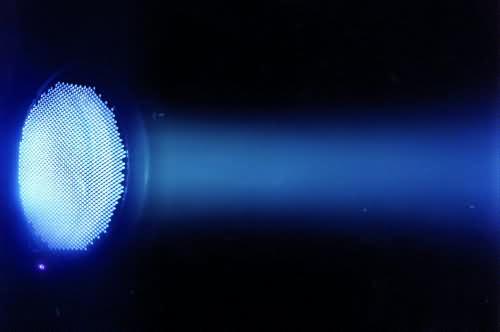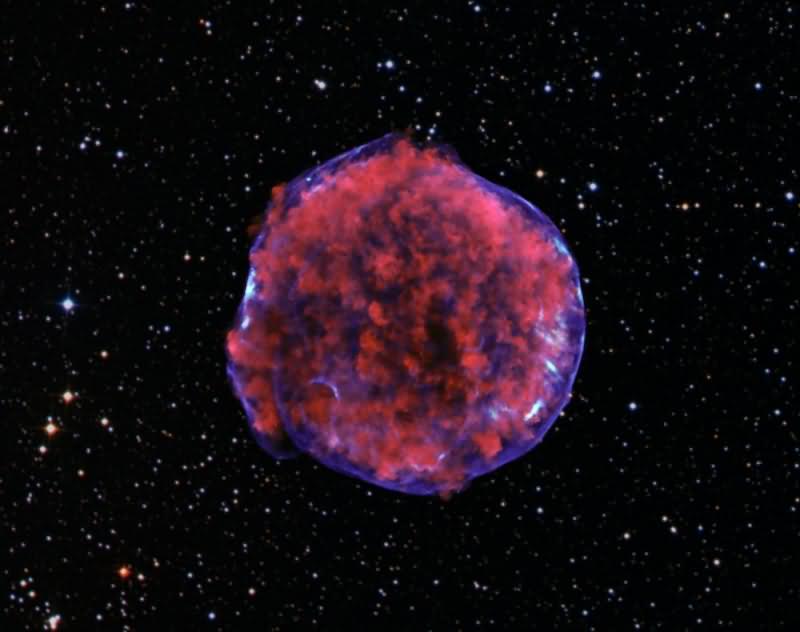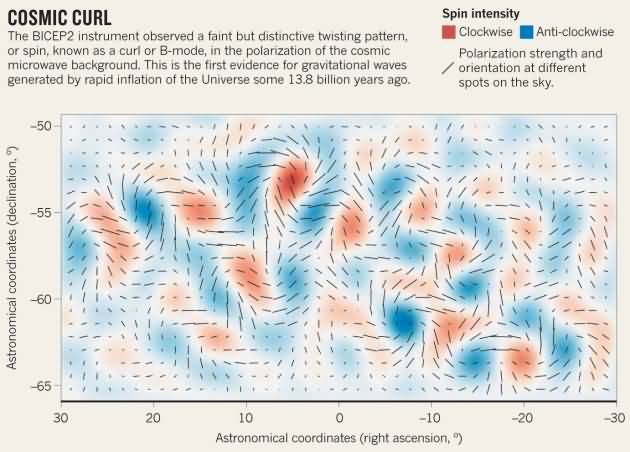World Record for Quantum State Stability Broken
A normally fragile quantum state has lasted for 39 minutes at room temperature, breaking a world record and marking a significant advancement for ultra-fast quantum computers.
In normal computers, information is stored as 0s and 1s. In quantum computers, information known as qubits is stored in superpositions, allowing it to be both 1s and 0s. This allows for much higher processing power than a standard computer. Normally, this is only possible at very low temperatures.
In the study, silicon was reinforced with phosphorus atoms, and information was recorded in the phosphorus atom's nucleus. The temperature was raised from -269 degrees Celsius to 25 degrees Celsius. Scientists discovered that this superposition could be maintained at this temperature for a full 39 minutes without deterioration. In previous similar experiments, the longest it could remain intact was 2 seconds.
The researchers discovered that the qubits containing the information could read the information when the temperature rose and had sufficient resistance to cool down again. This might seem like a relatively short time, but considering the power of quantum computers, they discovered that they could perform millions of quantum calculations on phosphorus ions in a very short time.
 The researchers started with a piece of silicon doped with various elements, including phosphorus. Then, they loaded information into the phosphorus's core. Each atom has a specific quantum state—like a magnet moving up (0) or down (1), or in many directions in between.
The researchers started with a piece of silicon doped with various elements, including phosphorus. Then, they loaded information into the phosphorus's core. Each atom has a specific quantum state—like a magnet moving up (0) or down (1), or in many directions in between.
The researchers prepared it at -269 degrees Celsius (4 degrees Celsius) and placed it in a magnetic field. The researchers used additional magnets to keep the atoms oriented and maintain the superposition. When the material reached cryogenic temperature (-140 degrees Celsius), 37 percent of the ionized atoms were able to maintain their superposition for three hours. When the temperature was raised to 25 degrees Celsius, they were able to maintain their superposition for 39 minutes.
Superposition in quantum physics is the simultaneous existence of two distinct states for a particle. Hysenberg's uncertainty principle and Schördinger's cat paradox attempts to explain this situation. Accordingly, it is impossible to precisely determine both the position and momentum of an object (the object's impact force and motion) simultaneously.
Classical computers have a memory structure composed of bits. Each bit can take on a value of 1 or 0. Quantum computers, on the other hand, contain sequences of qubits. A single qubit can take on a value of 1, 0, or a value in between (quantum collision). A pair of qubits can be in any of four quantum collision states, while three qubits can be in any of eight. In general, a quantum computer with n qubits can be in any of the 2 to the n collision states simultaneously. (Normal computers can be in only one of the 2 to the n states, while a quantum computer can be in all or some of these states.) Quantum computers can manipulate qubits using specific quantum logic gates. This series of gates is called a quantum algorithm.
Source
Quantum state world record smashed

